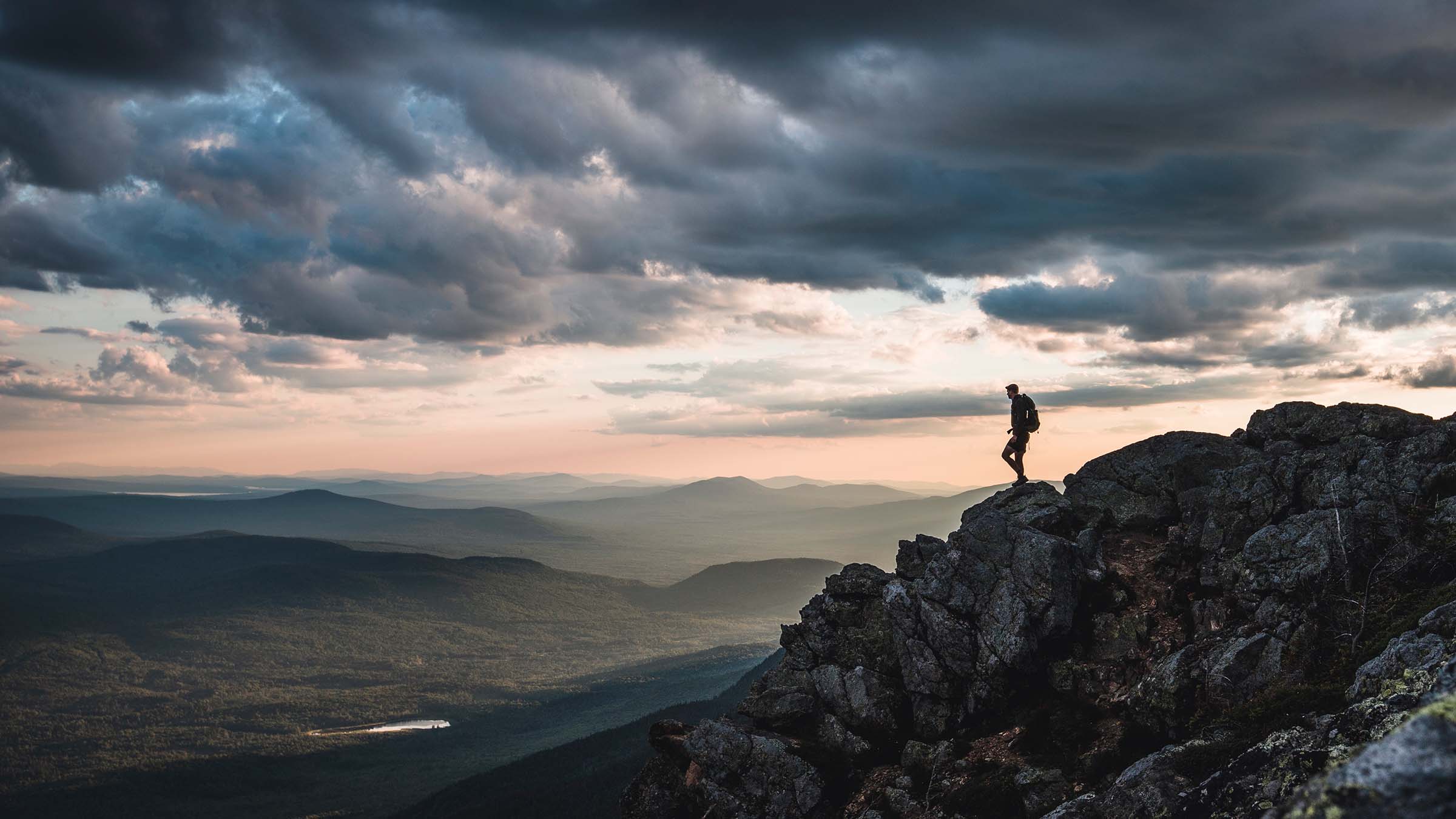Ask a Thru-Hiker: How Does a Long Hike Change You?

(Photo: Cavan Images via Getty)
This is Ask a Thru-Hiker, where record-setting long-distance hiker Liz “Snorkel” Thomas answers your questions about life on the trail.
Dear Snorkel,
Do you notice that hikers feel or think differently after a long hike compared to a weekend backpacking trip?
Luke Longwalker
Hi Luke,
Hitting the trail for a longer period changes you physically and mentally. Most long-distance hikers believe that they need two to four weeks to get their body and mind into a good trail rhythm. After two weeks on trail, the body starts to understand that walking every day has become the norm. “Hiker hunger” starts developing, a sign that the body has upped its metabolism to address the increase in exercise. Two weeks away from artificial lights and LCD screen time helps gets your circadian rhythms in sync with the sun, too, and the body starts to adapt to the climate.
There’s a big mental shift, too: Long-distance hiking is all about routines. Two weeks is enough time for you to start perfecting your daily backcountry rituals. You figure out the best way to break down camp in the morning, the easiest way to share camp chores, and the fastest way to get a tent set up. No matter a hiker’s level of experience, every backpacking trip comes with a little adjustment period. After two weeks, the duties of hiking that can bog you down—camp dishes, bear hangs, and drying the tent—become customary instead of a cry-worthy obstacle.
Perhaps the most important thing that thru-hiking teaches you is how to be present. On every backpacking trip, it’s hard to hide that little voice reminding you of that report you owe the boss. But the farther you are out on a long hike, the more those little things that cause you stress or worry in “real life” begin to slowly slip away. While it may not be possible for everyone, one way to speed this along is to avoid taking work emails or phone calls while you’re on the trail or in town resupplying.
Lastly, two weeks on trail is what it often takes hikers to start realizing what is really important in life: It’s not what you’re wearing, or whatever your job is, or possessions back at home. What’s important isn’t even how fast you walk or how good or bad you smell. The important thing is how you treat other hikers and the land you walk on.
Snorkel